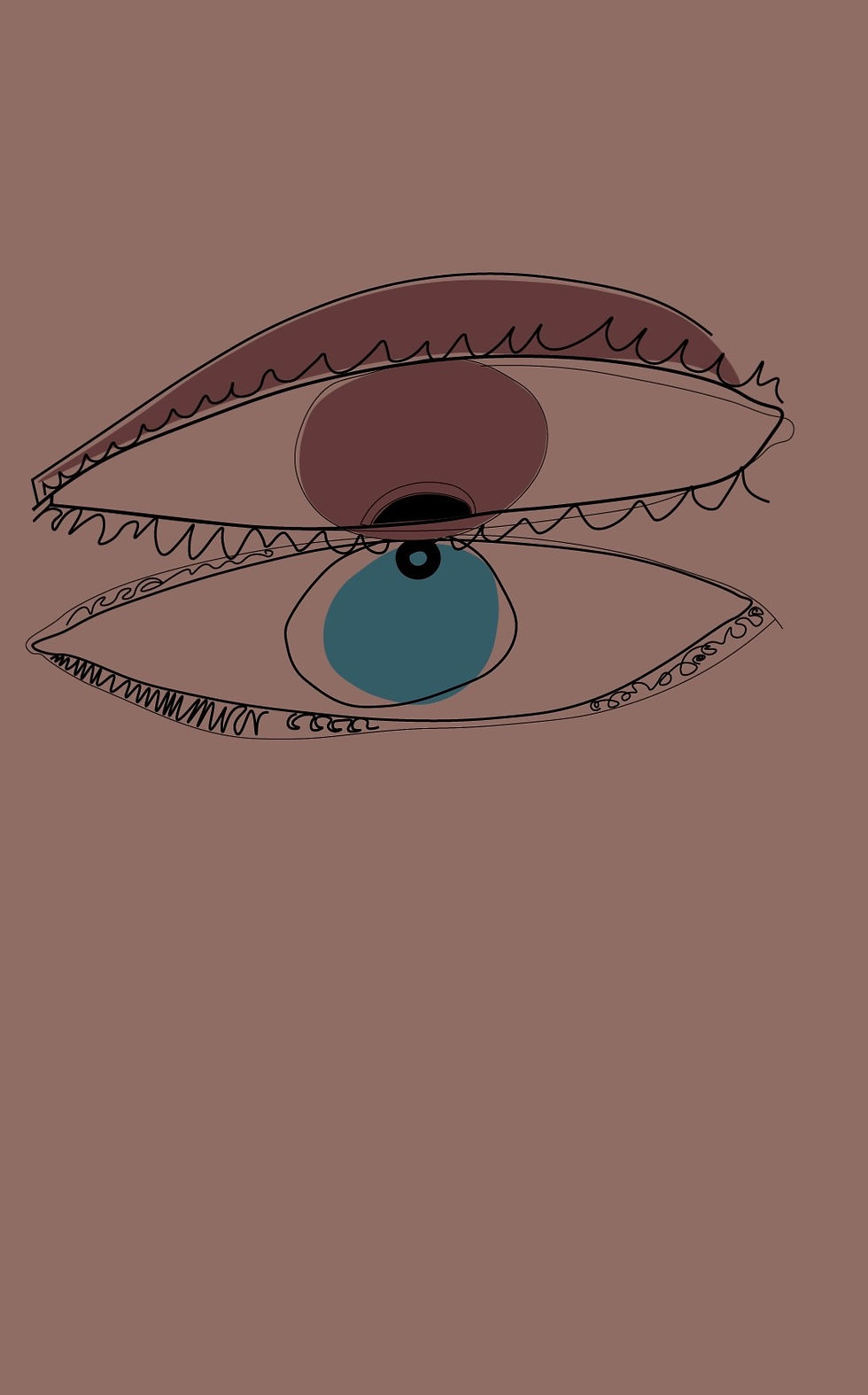Healthy Reaction to Conflict
- Tavish Carduff

- Nov 14, 2023
- 6 min read
What is something all of the reactive-type people you know have in common? I can only answer for myself, but I am asking so that each of us might spend a little time considering our own circle of family, friends and acquaintances. In my experience, this style of communication comes from the people who share a common thread of unease about their safety, mentally, physically, and/or emotionally. The issues differ person to person, but each one of us struggles in some way to feel like we are standing on solid ground. Yes, I said Us. I place myself among my reactive friends, because my initial, internal response is almost always an emotional one. Well, that and I’m pretty good at being a friend to myself. It has taken many years, and the framework of Our Raw Material, for me to observe that reaction with clear objectivity.
Want to read more?
Subscribe to ourrawmaterial.com to keep reading this exclusive post.




